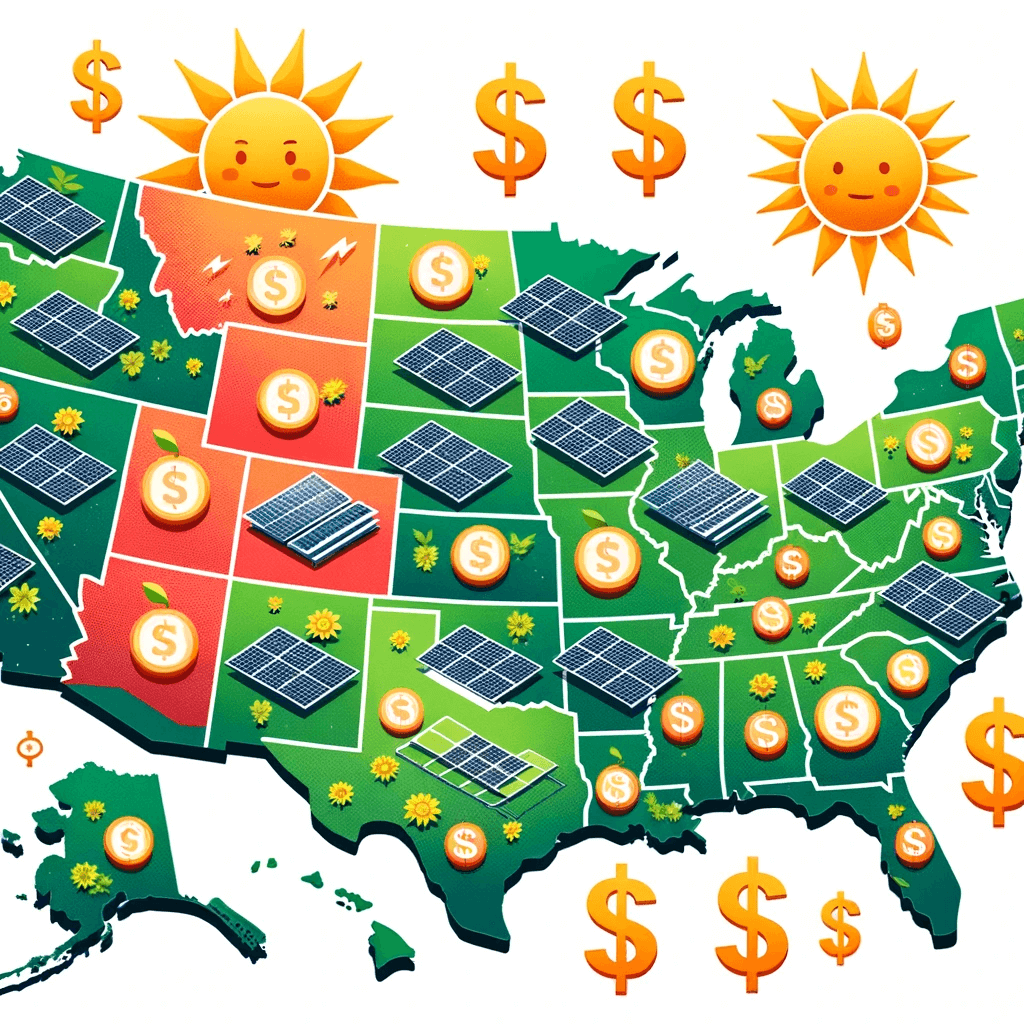The Economics of Solar Power Through Net Metering
Intro
As the sun graces us with its abundant energy, the power of solar technology continues to reshape the way we generate and consume electricity. At the heart of this transformation lies the concept of net metering, a game-changing policy that not only empowers solar enthusiasts but also has profound implications for the economics of renewable energy. Let's embark on a journey through the solar-powered economics of net metering.
The Power Play: Understanding Net Metering
A Two-Way Energy Street
Net metering is a billing arrangement that allows solar system owners to feed excess energy generated by their solar panels back into the grid. In return, they receive credits on their utility bills for the energy contributed.
This dynamic system transforms consumers into prosumers—individuals who both consume and produce energy—enabling them to play an active role in the energy ecosystem.
The Time-of-Day Advantage
One of the key advantages of net metering is its ability to account for time-of-day variations in energy consumption and production. Solar panels often generate the most energy during peak sunlight hours, aligning with higher electricity demand.
Prosumers can reap significant savings by offsetting their peak energy consumption with surplus solar energy generated during the day.
Solar Economics Unveiled: Benefits and Considerations
Reduced Energy Bills: A Win-Win
Net metering provides solar system owners with the opportunity to slash their energy bills by consuming their stored credits during times when their solar panels aren't producing energy, such as nighttime.
This financial benefit contributes to quicker payback periods for solar installations and boosts the overall return on investment.
Environmentally Friendly ROI
Beyond monetary gains, net metering aligns with the green ethos of solar power by encouraging clean energy consumption and reducing carbon emissions.
Solar system owners can take pride in knowing that their investment contributes to a more sustainable and environmentally friendly future.
Policy and Regulatory Considerations
The viability of net metering is closely tied to policies and regulations implemented at the state level. Changes in net metering rules can impact the economics of solar installations.
Keeping abreast of policy developments and engaging in advocacy efforts can help maintain favorable conditions for net metering.
Balancing Act: The Future of Solar Economics
Net metering isn't just about reducing energy bills; it's a transformative policy that democratizes energy generation and distribution. By giving individuals the power to participate in the energy exchange, net metering blurs the lines between consumers and producers, fostering a more equitable and sustainable energy landscape.
Frequently Asked Questions (FAQ)
-
The economy of net metering refers to the financial dynamics and benefits associated with allowing solar panel owners to sell their excess electricity back to the grid. It provides an incentive for consumers to invest in solar panels, as they can offset their electricity costs and even earn money when their system produces more electricity than they consume.
-
With net metering, when your solar panels produce more electricity than you use, the excess is sent back to the grid. Your utility company will credit you for this surplus energy. These credits can offset your future energy bills, or in some regions, the utility may even pay you for the surplus at a set rate.
-
Some criticisms of net metering include potential increased costs for non-solar users, as utilities might spread out grid maintenance costs among them. Additionally, as more people adopt solar and rely less on buying electricity, utilities may face revenue challenges, which could impact grid maintenance and infrastructure investments.
-
The amount of money you can make from selling solar energy back to the grid varies based on local utility rates, state regulations, and the amount of excess energy your system produces. Some utilities offer full retail rates for excess energy, while others may offer a reduced rate. It's essential to check with your local utility and state regulations to get an accurate estimate.





